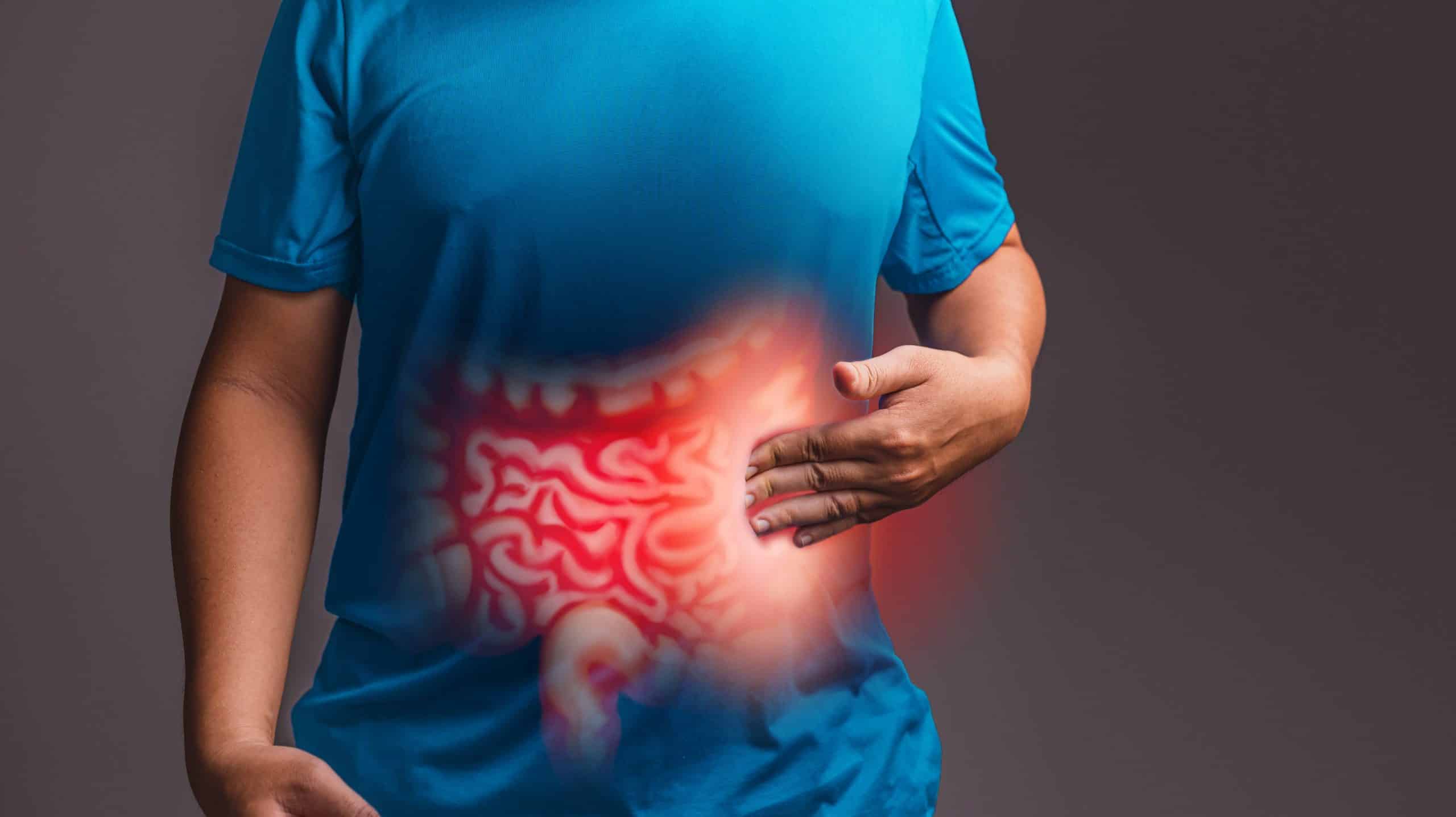Best Tips: How Your Mood Reveals Gut Health Insights

In recent years, the intricate relationship between our gut health and mental well-being has garnered increasing attention from researchers and health enthusiasts alike. More than just the organ responsible for digestion, the gut is often referred to as the “second brain,” influencing a variety of bodily functions, including mood regulation. Emerging studies suggest that the gut microbiome—a complex community of trillions of microorganisms residing in our intestines—may play a pivotal role in affecting our emotional states, cravings, and even our susceptibility to stress and anxiety.
This article delves into the fascinating connection between mood and gut health, exploring how the food we consume and the state of our digestive system can significantly impact our emotional landscape. As we uncover the mechanisms behind this gut-brain axis, we will also discuss practical steps to nurture both our gut microbiome and our mental health, emphasizing the importance of a holistic approach to wellness that considers both body and mind.

The Gut-Brain Connection
The gut-brain connection is a powerful and intricate communication network that illustrates how our digestive system influences our emotions. Neurotransmitters, such as serotonin, a key player in mood regulation, are predominantly produced in the gut. This means that maintaining a healthy gut microbiome through a balanced diet rich in prebiotics and probiotics can have far-reaching effects on our mental health. Moreover, disruptions in gut health, often stemming from poor dietary choices or antibiotic use, may lead to feelings of anxiety and depression, highlighting the importance of nurturing our gut as a pathway to improved emotional well-being. For insights into how specific moods may correlate with gut health, check out this website.
Adopting a gut-friendly diet is pivotal for enhancing not only digestive health but also mental resilience. Incorporating foods rich in fiber, such as fruits, vegetables, and whole grains, fosters a thriving gut microbiome. Additionally, fermented foods like yogurt, kimchi, and sauerkraut help introduce beneficial bacteria that can stabilize mood. Being mindful of processed foods high in sugar and unhealthy fats is equally crucial, as they can disrupt the balance of gut bacteria and exacerbate feelings of stress and anxiety. Engaging in regular physical activity and practicing mindfulness techniques further supports the gut-brain axis, fostering holistic health that promotes both a happier gut and a happier mind.
In conclusion, understanding the profound interplay between our mood and gut health invites us to reconsider our approach to wellness. By recognizing that our emotional well-being may very well be influenced by the state of our digestive system, we can take proactive steps to improve both. Simple, intentional choices—such as prioritizing a diet rich in fiber and probiotics, minimizing processed foods, and incorporating physical activity—can nurture our gut microbiome, leading to enhanced mental resilience and stability. As we embrace this holistic perspective, we empower ourselves to cultivate not only a healthier gut but also a more balanced and positive emotional life, affirming that what we eat truly can influence how we feel.





